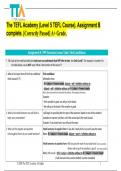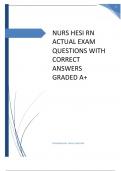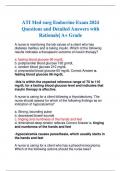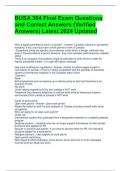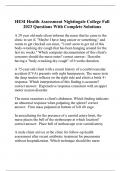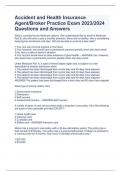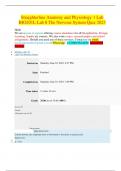Tentamen (uitwerkingen)
The TEFL Academy (Level 5 TEFL Course). Assignment B complete. [Correctly Passed] A+ Grade.
- Vak
- Instelling
The TEFL Academy (Level 5 TEFL Course). Assignment B complete. [Correctly Passed] A+ Grade. Assignment B - PPP Grammar Lesson Table: First Conditional 1. What is the target form of the first conditional (both clauses)? (F) First conditional Affirmative form: - If + Subject + Present sim...
[Meer zien]
